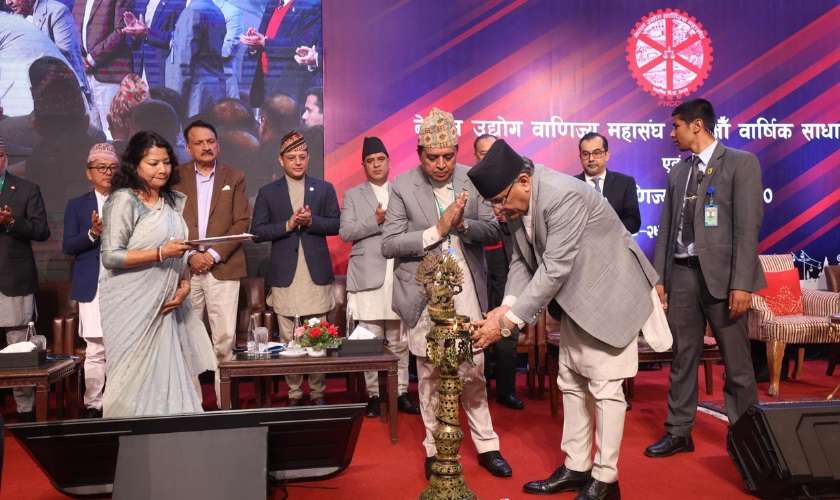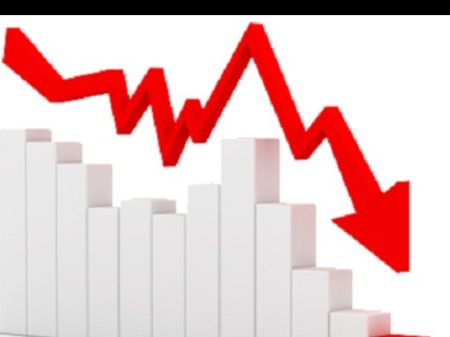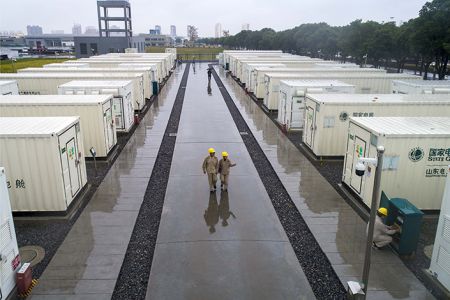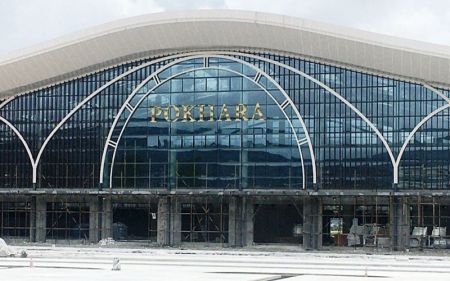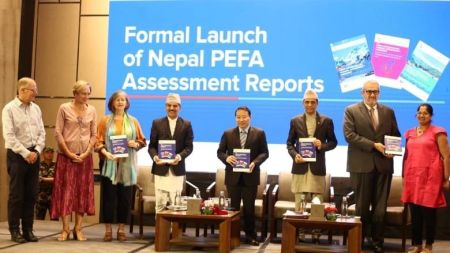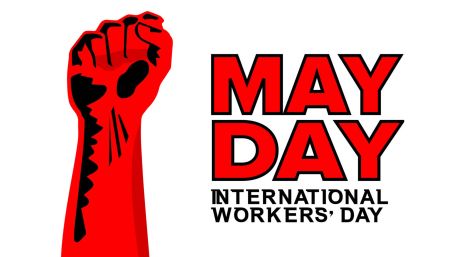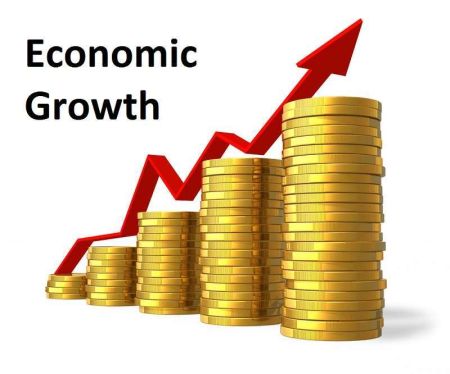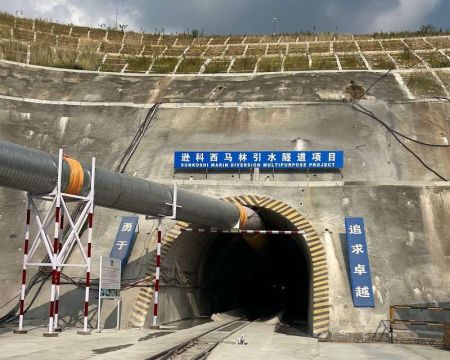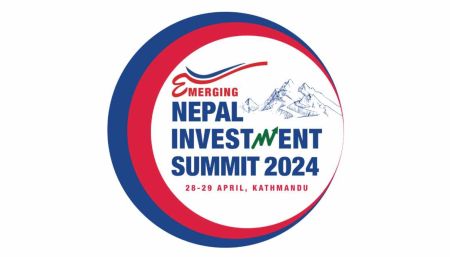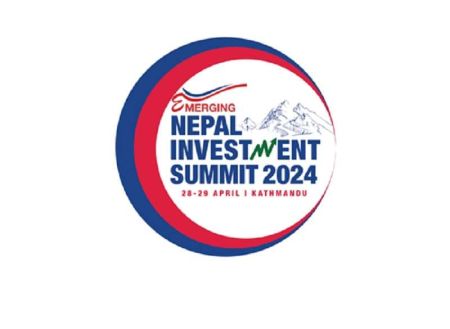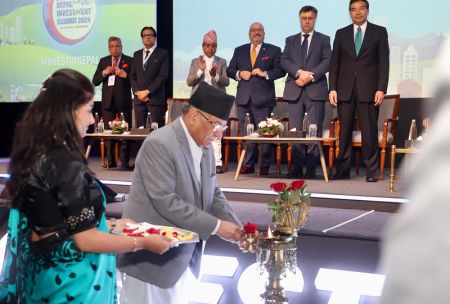April 11: The Federation of Nepalese Chamber of Commerce and Industry (FNCCI) has urged the government to encourage the private sector arguing that the government's control-oriented policy and the lack of working environment for the private sector has resulted in low economic growth of the country.
During a program held in Kathmandu on Wednesday on the occasion of the FNCCI’s 58th Annual General Meeting and Industry and Commerce Day 2080, FNCCI President Chandra Prasad Dhakal said that Nepal's economy has slumped compared to other countries in South Asia after the government adopted a control-oriented policy.
"The government adopted a control-oriented policy arrangement here fearing Nepal might face a similar predicament to that of Sri Lanka. Due to this policy, our economic growth has dropped from 6 percent to 2 percent," Dhakal said. "During this period, Sri Lanka's economic growth has gone from minus 7.8 percent to nearly 2 percent."
The World Bank recently predicted that Nepal's economy will grow by only 3.3 percent in the current year while Bangladesh’s economy is projected to grow by 5.6 percent and that of India by 7.5 percent.
"While all the neighbors are developing rapidly, the reason for the low economic growth of Nepal in the last two years is because the private sector is not able to work," said Dhakal.
About two years ago, the government had banned the import of 10 items, including vehicles for private use, alcohol, and children's toys, on the pretext of a rapid decline in the country’s foreign currency reserves. Due to this, the economic activities slowed down and the market witnessed an unexpected trend.
The International Monetary Fund had been pressuring the government to withdraw the import control measures immediately. Some of the restrictions imposed on the import of 10 items from in the summer of 2022 were lifted four months later and the rest after seven months.
As the private sector was not able to work due to the restrictions, the economic activities have been slow. Dhakal requested the government to create a conducive environment for doing business.
Although the National Statistics Office estimated economic growth of 4 percent in the second quarter of the current fiscal year, the growth rate of the manufacturing sector was negative at 0.4 percent and the business sector was also very slow.
In this context, the federation sought the commitment of political parties regarding economic reforms and increasing the role of the private sector. Dhakal also called upon various political parties to sign a five-point commitment to ensure policy stability, participation of the private sector in policy making and prioritization of the private sector as an engine of economic growth and development.
Although the private sector portrayed a negative state of the economy, Prime Minister Pushpa Kamal Dahal appealed to the private sector to move forward with high morale.
He said that the government has made continuous efforts to create an investment-friendly environment and the economic indicators are improving. He added that the government is positive towards fulfilling the commitments sought by the private sector.
PM Dahal said that the government is committed to accelerating the economic transformation of the country by keeping the morale of industrialists and investors high.
Stating that the government has made solid preparations to make the investment summit on April 28 and 29 as effective and efficient as possible, PM Dahal said, "There are many challenges and limitations to our policy, thinking, structure and working style in creating an investment-friendly environment in the country. If it is necessary, we are ready to bring an ordinance for creating an investment-friendly laws.”
Former Prime Minister Dr. Baburam Bhattarai said that the economy will not pick up pace until there is political stability in the country.


